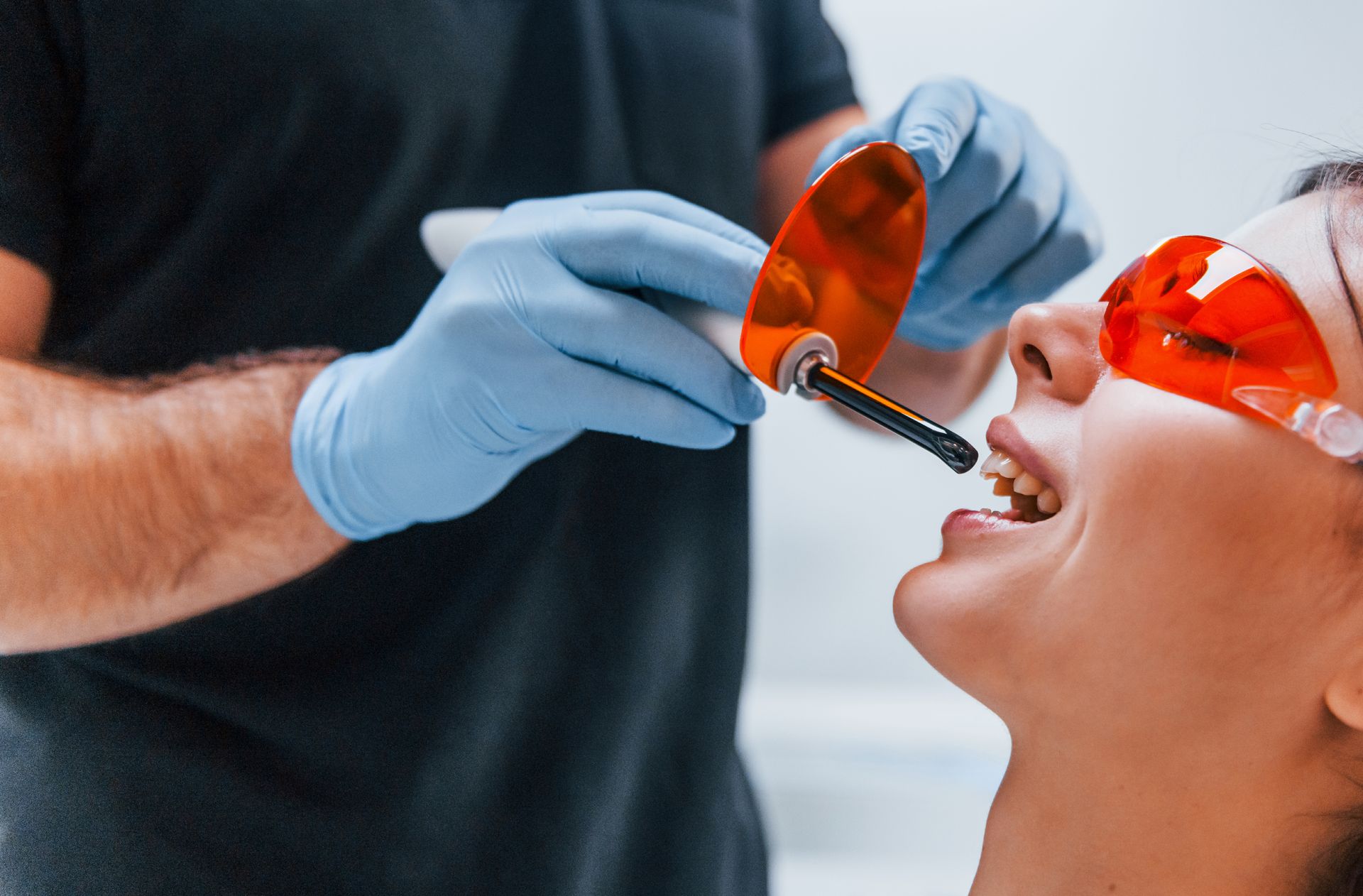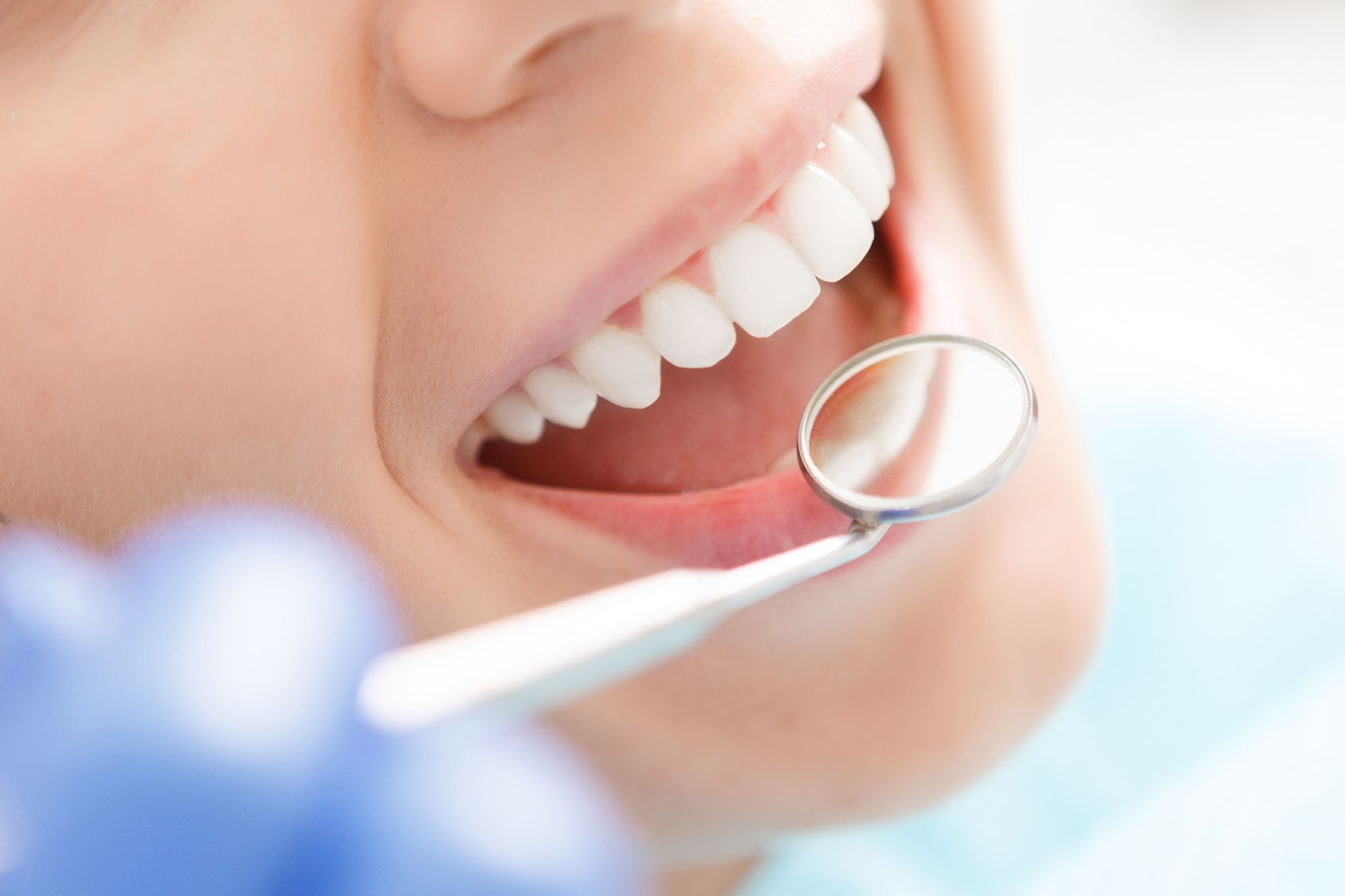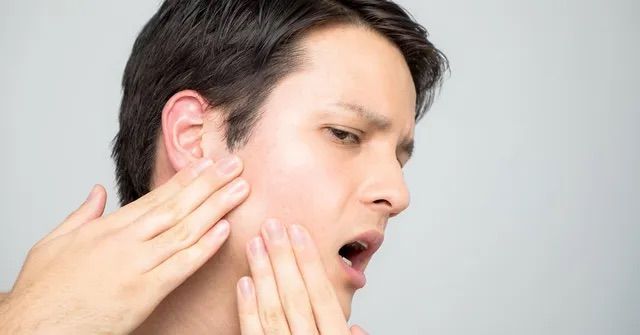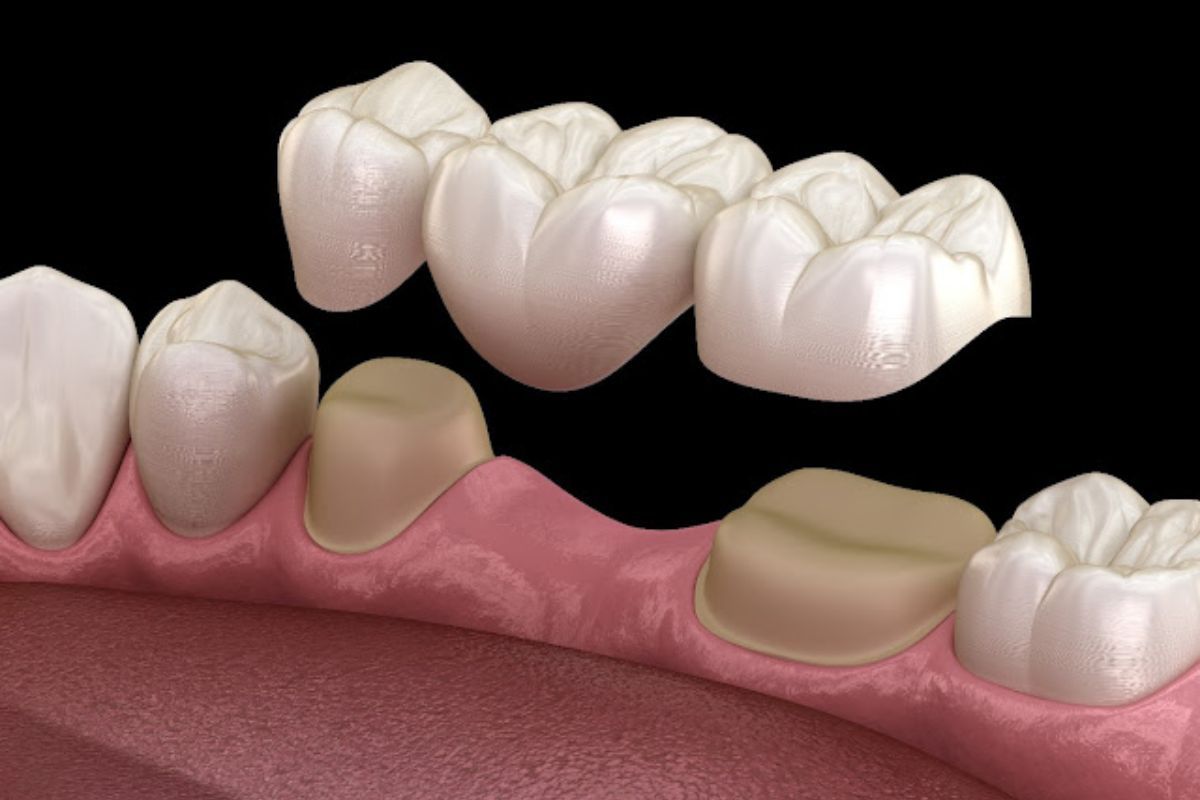What Causes Tooth Sensitivity and How to Treat It
Understand the Causes of Tooth Sensivity
Best Family Dentistry in Lee's Summit, MO
Have you ever felt a sharp jolt of pain when biting into ice cream or sipping hot coffee? If so, you’re not alone. Tooth sensitivity affects millions of people and can disrupt everyday routines, from eating to brushing your teeth. Fortunately, this discomfort isn’t something you have to live with.
At Advanced Dental Associates in Lee’s Summit, MO, we help patients of all ages understand the causes of sensitivity and how to treat it effectively. Whether it’s the result of worn enamel or an underlying dental issue, we’re here to restore your comfort and confidence—starting with this guide.
What Is Tooth Sensitivity?
Tooth sensitivity, or dentin hypersensitivity, is discomfort or pain in the teeth triggered by certain stimuli like hot, cold, sweet, or acidic foods and drinks. It can be a short-term nuisance or a sign of a more serious condition.
The key to treatment is understanding what’s causing it—which is exactly what our experienced dental team does when patients visit us for care.
Top Causes of Tooth Sensitivity
1. Worn Enamel
The enamel is the protective outer layer of the tooth. Once it wears down from overbrushing, acidic foods, or grinding, the inner dentin becomes exposed—leading to sensitivity.
2. Gum Recession
Gum tissue protects the tooth root. As gums recede due to age, brushing habits, or gum disease in Lee’s Summit, sensitivity can increase.
3. Tooth Decay and Fillings
Untreated cavities and worn dental fillings in Lee’s Summit, MO can allow bacteria or temperature changes to affect the nerve of the tooth.
4. Cracked or Chipped Teeth
Small fractures may not always be visible, but they can expose the nerve endings, especially when biting down or consuming something hot or cold.
5. Recent Dental Procedures
Procedures like a root canal in Lee’s Summit, crown placement, or fillings can cause temporary sensitivity during the healing process.
6. Bruxism (Teeth Grinding)
Grinding wears down enamel and creates microfractures, which can increase tooth pain and sensitivity.
When to See a Dentist
If your sensitivity is persistent, worsens over time, or interferes with eating and drinking, it’s time to seek professional help. As a trusted dentist in Lee’s Summit, MO, we encourage patients not to ignore sensitivity—it may be an early warning sign of decay, gum issues, or structural damage.
Treatment Options for Tooth Sensitivity
At Advanced Dental Associates, we provide customized solutions depending on the cause of your discomfort.
Desensitizing Toothpaste
We may recommend a fluoride-based toothpaste that helps block nerve signals.
Fluoride Treatments
Professional fluoride application strengthens enamel and reduces pain caused by minor exposure.
Bonding or Fillings
For areas where enamel has worn or roots are exposed, composite bonding or restorative fillings in Lee’s Summit can provide relief.
Night Guards
If grinding is the culprit, a custom night guard protects your enamel while you sleep.
Restorative Procedures
When decay or fracture is involved, we may suggest a veneer, dental crown, or root canal therapy to restore the tooth’s integrity and comfort.
Preventing Tooth Sensitivity
Prevention is the best treatment. Here’s how to protect your smile:
- Use a soft-bristled toothbrush and gentle technique
- Avoid highly acidic foods and beverages
- Don’t brush immediately after consuming acidic drinks—rinse with water first
- Visit a family dentist in Lee’s Summit, MO for regular checkups
- Address symptoms of gum disease early to prevent gum recession
A Smile Without Sensitivity Starts Here
Tooth sensitivity can be frustrating, but it doesn’t have to control your life. At Advanced Dental Associates, we work with patients to uncover the cause and create an effective treatment plan. Whether it’s a quick fix or comprehensive care, your comfort is our priority.
Schedule an appointment today and take the first step toward a pain-free smile with expert dental care in Lee’s Summit.
